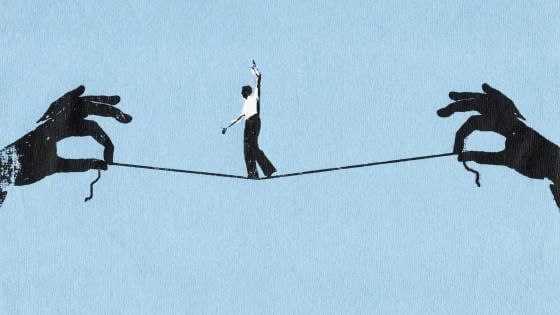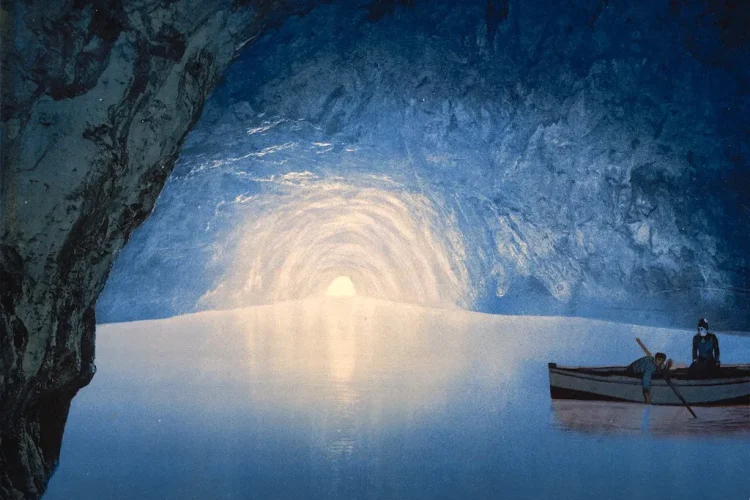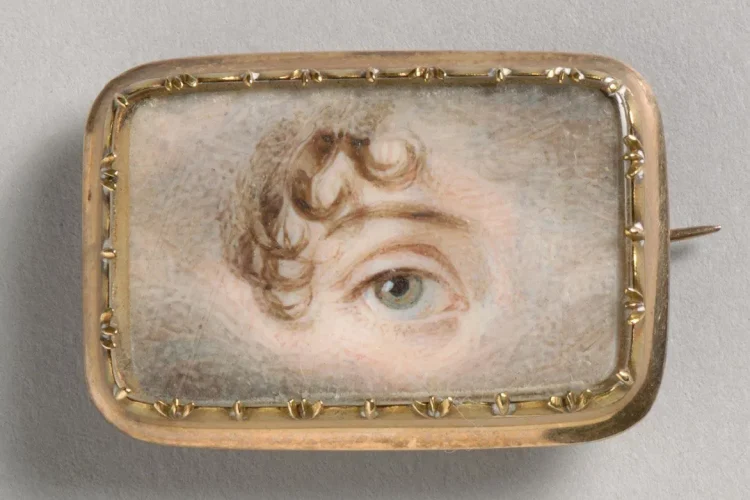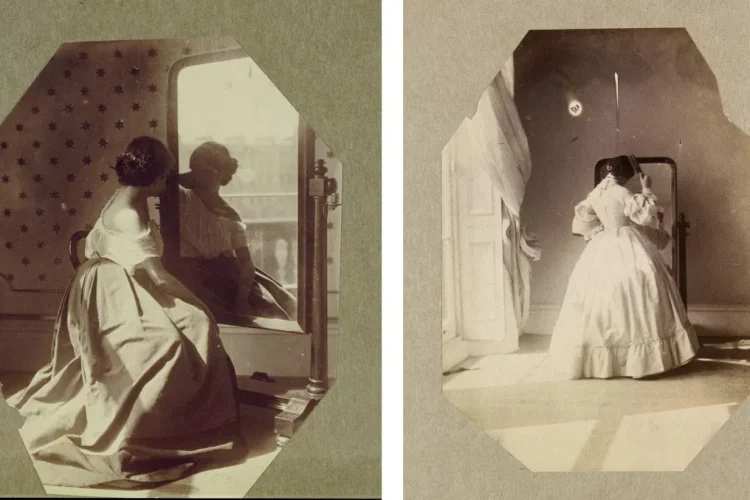E., Bay Area, USA
Dear Poetry Clinic,
I’ve long felt stuck walking a highwire between All and Nothing. The former is impossible to attain, the latter impossible to sustain, leading to one form of self-annihilation or another. How to unstick, to recast the tightrope between two impossibilities to make a more livable life, to thaw the freeze, to free one to live without needing validation, outside markers of “success”, perfection…? As Robert Creeley wrote, “I want to be in my life.” Can reading and/or writing poetry help make such a shift, beyond just feel-good words?
E.
MNP:
What I noticed as I reread your first sentence was a contradiction not so much in meaning, because you were using a metaphor, but at the level of syntax: you feel “stuck walking.” Which is wonderfully poetic and cryptic, and bears further meditation or thought. How are you “stuck walking” when one verb suggests stasis and the other movement, which is the very issue you raise—although you raise them as separate entities later in the sentence—All vis-a-vis Nothing. Can All and Nothing coexist? This is a profound existential and spiritual question. Is there perhaps and All to be found in Nothing and vice versa, a Nothing within an All? I think they are actually one and the same depending on the position from which you approach. Your question then shifts in such a way that the becoming unstuck is akin to living “without needing validation, outside markers of ‘success’, perfection.” What links these apparently disparate thoughts is your metaphor about walking the highwire in the first instance and your reference to the tightrope in the second.
Interestingly, I have used this metaphor of the tightrope to describe how I con-sider the ongoing act of being a poet—I consider it risk-taking of the highest order and have often said and written that for me it is like walking a highwire with no net below to catch you. I agree that poetry should not be about “just feel-good words.” It is, each and every time, for me at least, a high stakes game and the poet, I believe, must be willing to fight for, to justify, even to die for the word.
This brings me back to the idea of the All or Nothing because we are indeed alive and dying simultaneously. Our cells are continuously dying and regenerating as we move from the apparent All—the fullness and joy—of life and being to the apparent Nothing of death and non-being. So we carry that Nothing, both portended and immediate as in dying cells, within the All that we are. And I would argue that within the great Nothing is the All that we are and were. These are questions that have engergised philosophers, scholars and thinkers, the religious and the spiritually devoted ever since humans became human and I don’t feel particularly equipped to answer such questions beyond my own personal life. Having said that however, I do believe that the great unknown is poetry’s baliwick, so to speak. The imperfect perfection coexisting simultaneously with the perfect imperfection of the poem. Both And; Neither Nor. I think that is where poetry lives and it should trouble us, in a way that it is essential we be troubled—to go further; to want to find out; to “want to be in my life”; to seek. No feel-good words, but the meeting, even the collision of, the Answer and the Question, the All and the Nothing.
This is a society that encourages us to seek validation and success and as the cost of living spirals, so too we feel the need to qualify ourselves and our children to earn a greater living and so on and so on. I cannot dismiss it and we are all, impacted by it even as we try to reduce that impact. We have so little time—I feel that keenly being in my third act, and yet we have all the time in the world—the eternal time of every moment. We are late but like the stars always on time. I am more and more aware of that.
I share a very brief excerpt by Lao Tzu that speaks to how we can try to live. Although his authority is as a philosopher, I consider much of what he says poetry:
Manifest plainness,
Embrace simplicity,
Reduce selfishness,
Have few desires.
And, I would add, much easier said than done.
The next poem is an excerpt from a work, Anabasis, by the French Nobel Laureate, St. John Perse and translated by T.S. Eliot. You will notice that the original French is also included.
I recommend the entire book, which is quite short but bears reading a few times. I thought of this because the poem, through the journey of the Conqueror engages with time in a desert landscape, across centuries of war and conquest, which is never mentioned directly, and which is what I love about the poem—something keeps eluding you. When I read this poem it puts me in my place—I feel small, sometimes satisfyingly so, in relation to time and history, and all the “big” events that have happened before us and will happen after: “What has the world given me but this swaying of grass.” But I still Am.
VIII
Lois sur la vente des juments. Lois errantes. Et nous-mêmes. (Couleur d’hommes.)
Nos compagnons ces hautes trombes en voyage, clepsydres en marche sur la terre,
et les averses solennelles, d’une substance merveilleuse, tissées de poudres et d’insectes, qui poursuivaient nos peuples dans les sables comme l’impôt de capitation.
(A la mesure de nos cœurs fut tant d’absence consommée!)Laws concerning the sale of mares. Nomad laws. And ourselves. (Man colour.)
Our companions these high waterspouts on the march, clepsydrae travelling over the earth,
and the solemn rains, of a marvellous substance, woven of powders and insects, pursuing our folk in the sands like a headtax.
(To the scale of our hearts was such vacance completed!)Non que l’étape fût stérile: au pas des bêtes sans alliances (nos chevaux purs aux yeux d’aînés), beaucoup de choses entreprises sur les ténèbres de l’esprit — beaucoup de choses à loisir sur les frontières de l’esprit — grandes histoires séleucides au sifflement des frondes et la terre livrée aux explications…
Not that this stage was in vain: to the pace of the eremite beasts (our pure bred horses ith eyes of elders) many things undertaken on the darkness of the spirit — infinity of things at leisure on the marches of the spirit — great seleucid histories to the whistling of slings and the earth given over to explanations…
Autre chose: ces ombres — les prévarications du ciel contre la terre…
Cavaliers au travers de telles familles humaines, où les haines parfois chantaient comme des mésanges, lèverons-nous le fouet sur les mots hongres du bonheur? — Homme, pèse ton poids calculé en froment. Un pays-ci n’est point le mien. Que m’a donné le monde que ce mouvement d’herbes?..And again: these shadows — the prevarications of the sky against the earth…
Cavaliers, across such human fatalities, in whom hatreds sang now and then like tomtits, shall we raise our whip over the gelded words of happiness? — Man, weigh your weight measured in wheat. A country here, not mine. What has the world given me but this swaying of grass?..Jusqu’au lieu dit de l’Arbre Sec:
et l’éclair famélique m’assigne ces provinces en Ouest.
Mais au delà sont les plus grands loisirs, et dans un grand
pays d’herbages sans mémoire, l’année sans liens et sans anniversaires, assaisonnée d’aurores et de feux. (Sacrifice au main d’un cœur de mouton noir.)To the place called the Place of the Dry Tree:
and the starved levin allots me these provinces in the West.
But beyond are the greater leisures, and in a great
land of grass without memory, the unconfined unreckoned year, seasoned with dawns and heavenly fires. (Matutinal sacrifice of the heart of a black sheep.)Chemins du monde, l’un vous suit. Autorité sur tous les signes de la terre.
O Voyageur dans le vent jaune, goût de l’âme!… et la graine, dis-tu, du cocculus indien possède, qu’on la broie! des vertus enivrantes.Roads of the world, we follow you. Authority over all the signs of the earth.
O Traveller in the yellow wind, lust of the soul!.. and the seed (so you say) of the Indian cocculus possesses (if you mash it!) intoxicating properties.Un grand principe de violence commandait à nos mœurs.
A great principle of violence dictated our fashions.
– St. John Perse
The third poem, “do not be afraid of no” (Blacks) by the renowned African American poet, Gwendolyn Brooks seemed relevant to your desire to say no to a certain way of being that you identify as exhausting and even perhaps destructive of your inner life—the need, your wanting to be in your own life:
“To say yes is to die/a lot or a little…It is brave to be involved/to be not fearful to be unresolved.”






